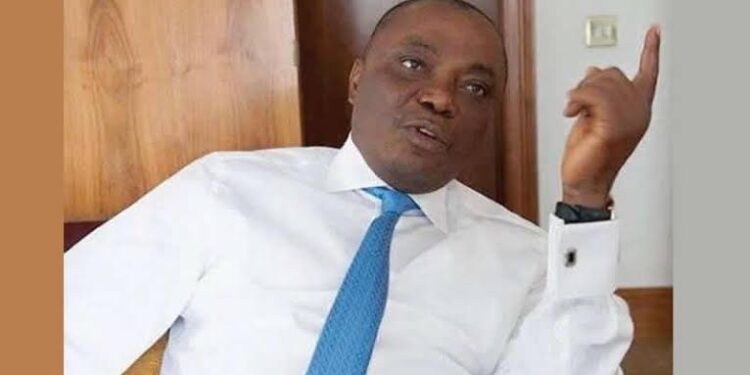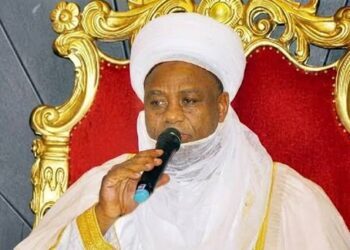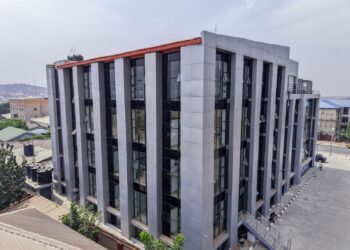By Olayinka Tunbosun
Senator Peter Nwaoboshi, a controversial figure acquitted of money laundering charges by Nigeria’s Supreme Court, faces fresh accusations of land grabbing and misconduct in Ibusa and Ibuzor communities of Delta State.
Indigenes of the two localities allege that Senator Nwaoboshi, in collaboration with Fred Ajudua and others, conspired to unlawfully seize lands owned by local residents.
Investigations by Montage Africa reportedly revealed accounts from affected elderly victims, many of whom described instances of harassment and humiliation.
“Rather than addressing the substantive issues, Senator Nwaoboshi has resorted to employing writers to defend his position, thereby compounding the damage to his integrity,” said one community leader.
The accusations, bolstered by purported evidence, include claims of police complicity in displacing legitimate landowners.
The senator has denied these allegations, asserting that the victims are the actual land grabbers. However, critics have questioned the plausibility of such claims, citing his incarceration during some of the alleged incidents.
Community elders and other stakeholders have openly challenged Senator Nwaoboshi to produce credible evidence of ownership for the contested lands. “The majority of Ibusa and Ibuzor residents cannot all be wrong while one man claims to be right,” said another local elder.
Calls for action have been directed at the Inspector-General of Police, the Public Complaints Commission, and the National Human Rights Commission to investigate the matter thoroughly. The public has also been warned against engaging in land transactions with Senator Nwaoboshi and his associates due to their alleged “questionable characters.”
The controversy underscores broader concerns about Nigeria’s criminal justice system. Critics argue that while the senator may be free due to legal technicalities, similar actions in countries with more robust systems, such as the U.S. or the U.K., could have led to stricter accountability.
As the communities await official interventions, the saga of Senator Nwaoboshi continues to spark debate over governance, integrity, and justice in Nigeria.











